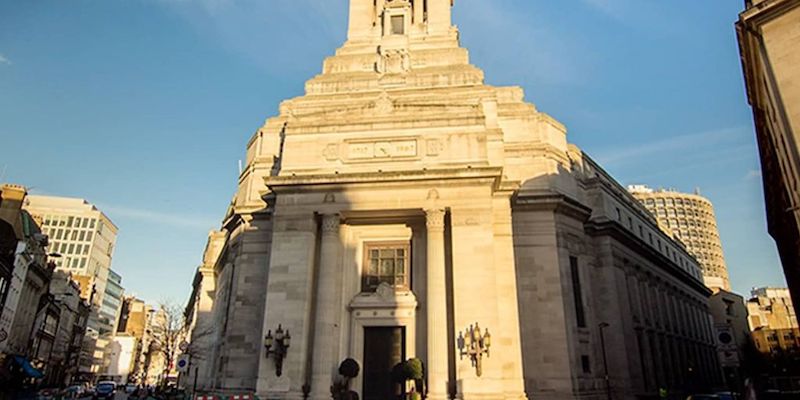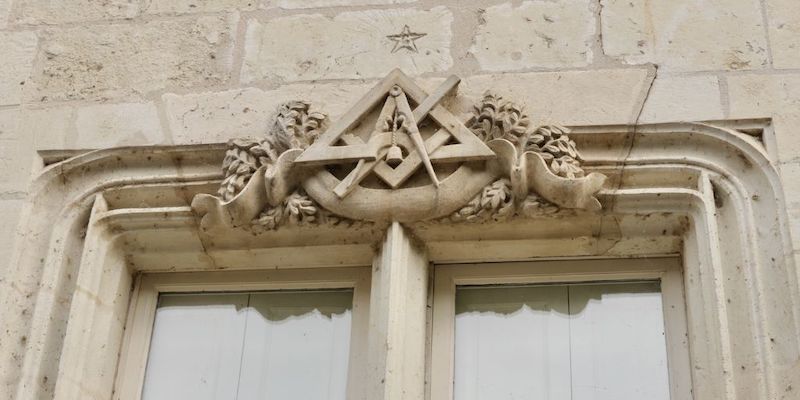Clandestine lodges. If you’re not familiar with this term, you’re not alone.
Clandestine lodges are a topic of much discussion and debate within the Masonic community but in this article, we’ll explore what clandestine lodges are, why they exist, and the controversy surrounding them.
TLDR: In Freemasonry, a clandestine lodge is one that is not recognized by the predominant Grand Lodges of the world. This means that the lodge is not considered regular or recognized by other Masonic organizations.
Clandestine lodges may be formed by individuals or groups who do not meet the requirements for regular Masonic membership or who have been expelled from recognized lodges.
These lodges may operate independently or may be part of a larger network of clandestine organizations.

What are Clandestine Lodges?
Clandestine Lodges are Grand Lodges, Lodges, or individuals that are not regular or recognized by the mainstream recognized Masonic community.
These Masonic organizations operate outside the traditional Masonic system and are often referred to as “clandestine” or “irregular” Masonry.
History of Clandestine Lodges
The history of clandestine Masonry dates back to the early 18th century when the first Grand Lodge was formed in London, England.
However, over time, various groups and individuals started forming their own Masonic organizations without the approval of a recognized Grand Lodge.
These groups were often formed due to ideological or political differences.
Characteristics of Clandestine Lodges
Clandestine Lodges often have several characteristics that distinguish them from regular Masonic organizations.
Some of these characteristics include:
- Lack of recognition by mainstream Masonic organizations.
- Lack of adherence to the traditional Masonic landmarks.
- Lack of transparency in their practices and rituals.
- Lack of Masonic legitimacy due to their irregularity.
Why are Clandestine Lodges Considered Illegitimate?
Clandestine Lodges are considered illegitimate because they do not follow the traditional Masonic practices and principles.
These Masonic organizations are not recognized by the mainstream Masonic community and are often seen as a threat to the Masonic fraternity.
Clandestine Lodges often lack the transparency and accountability that are essential to the Masonic fraternity, making them a potential danger to Freemasonry’s future.
How to Identify Clandestine/Irregular Lodges?

If you are a Freemason or interested in joining the fraternity, it is important to know how to identify clandestine lodges.
Here are some tips to help you recognize them.
Red Flags to Look Out For
There are some red flags that can indicate a lodge is clandestine. Here are a few things to watch out for:
- The lodge is not recognized by any Grand Lodge.
- The lodge is not listed in any official Masonic directory.
- The lodge claims to be affiliated with a Grand Lodge that does not exist.
- The lodge practices rituals that are not recognized by mainstream Masonry.
- The lodge has a history of irregular behavior or has been involved in scandals.
- The lodge has a website or social media presence that looks unprofessional or suspicious.
Verification Process
If you suspect a lodge may be clandestine, there are steps you can take to verify its legitimacy.
Here is a verification process you can follow:
Check with your Grand Lodge: Contact your Grand Lodge and ask if the lodge is recognized. They should be able to tell you if the lodge is legitimate or not.
Research online: Do a search for the lodge’s name and see if it is listed in any official Masonic directories. You can also check Masonic forums or social media groups to see if anyone has had experience with the lodge.
Ask for documentation: If you are considering joining a lodge, ask for documentation that proves its legitimacy. This may include a charter, bylaws, or other official documents.
Remember, joining a clandestine lodge can have serious consequences.
Not only can it lead to expulsion from mainstream Masonry, but it can also damage the reputation of the fraternity as a whole.
It is important to be cautious, do your due diligence and make sure any lodge you join is recognized and legitimate.
The Impact of Irregular Lodges on Freemasonry

Clandestine Lodges have had a negative impact on Freemasonry.
They have damaged the reputation of the organization and have caused confusion among the general public about what Freemasonry stands for.
Negative Impact on Reputation
Clandestine Lodges are not recognized by the mainstream Grand Lodges of the world.
They operate outside of the regular channels of Freemasonry, and they may even have their own rituals, symbols, and practices.
This has led to confusion and mistrust among the general public.
Clandestine Lodges have been associated with fraud, deception, and other illegal activities. For example, in Italy, there are many clandestine Lodges that operate with Mafia-like structures.
This has led to negative publicity for Freemasonry as a whole. The public perception of Freemasonry has been tarnished by the actions of these clandestine groups.
Measures Taken to Address Clandestine Lodges
Freemasonry has taken several measures to address the issue of clandestine Lodges.
The Grand Lodges have issued statements and after statements denouncing these groups and have made it clear that they are not recognized by the mainstream Masonic community.
Freemasonry has also worked to educate the public about the difference between regular and clandestine Lodges.
The organization has made it clear that regular Lodges operate within the framework of the Masonic principles and are recognized by the mainstream Grand Lodges of the world.
In addition, Freemasonry has worked to identify and shut down clandestine Lodges. The organization has worked with law enforcement agencies to investigate and prosecute those involved in illegal activities.